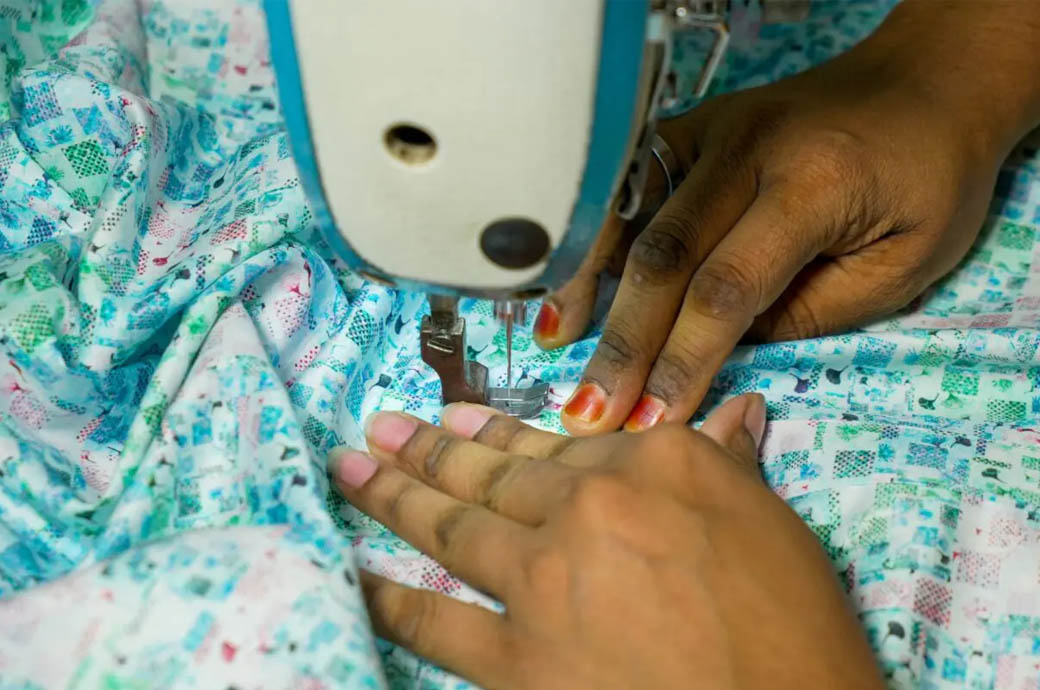
The recent rise in the national minimum wage—from 8,000 taka to 12,500 taka (€94) per month—still leaves workers earning only 38 per cent of what would be considered a living wage, it said in a brief.
This means that essential needs like food, adequate housing, healthcare, and education for their children remain unaffordable for many, reinforcing cycles of debt and exploitation, it noted.
Moreover, low wages leave workers no option but to accept overtime, yet diminishing demand has meant such opportunities have become scarce. This forces workers to shoulder excessive production targets within their standard shifts.
Women—comprising the majority of the workforce—face an additional burden, as they not only earn less than their male counterparts, but also juggle long working hours and caregiving responsibilities at home, the independent, non-profit research organisation striving to empower rights holders and to promote responsible business practices observed.
Swedwatch has identified two main systemic issues that perpetuate low wages in the sector. First, workers in Bangladesh lack the bargaining power needed to secure better wages. This is due to weak enforcement of labour laws and significant barriers to unionisation.
Workers who try to organise often face intimidation, violence or dismissal. Even when unions are established, they are frequently perceived as corrupt and ineffective, leaving workers without a platform to demand fair pay and better conditions.
The second, according to the non-profit, is unsustainable purchasing practices by global buyers sourcing from Bangladesh that exacerbates the problem. Brands frequently pressure suppliers to lower prices and shorten production deadlines—a practice known as ‘price squeezing’. These demands force suppliers to cut costs, often at the expense of workers’ wages and well-being.
The non-profit called on global brands and EU policymakers to take coordinated action to improve wages and conditions for garment workers.
For global brands, aligning due diligence efforts with international standards like the UN Guiding Principles on Business and Human Rights (UNGPs) and the OECD Guidelines for Multinational Companies is a critical first step. This includes ensuring that their purchasing practices support living wages rather than suppress them.
Engaging meaningfully with workers and trade unions, establishing confidential grievance mechanisms, and implementing living wage benchmarks are all measures that brands can adopt to drive positive change, it recommended.
Rather than cutting ties with non-compliant suppliers, brands should work collaboratively with them to improve conditions and offer financial support when needed.
On the policy side, EU member states have an opportunity to improve shortcomings in the recently adopted Corporate Sustainability Due Diligence Directive (CSDDD) by setting clear obligations for fair purchasing practices.
Broadening the scope of the directive to include more companies, strengthening enforcement mechanisms, and providing clear guidance to help companies support living wages are essential steps.
Policymakers can also ensure that these measures explicitly require brands to develop ethical purchasing policies that prioritize fair wages for workers in their supply chains, the non-profit added.
Fibre2Fashion News Desk (DS)